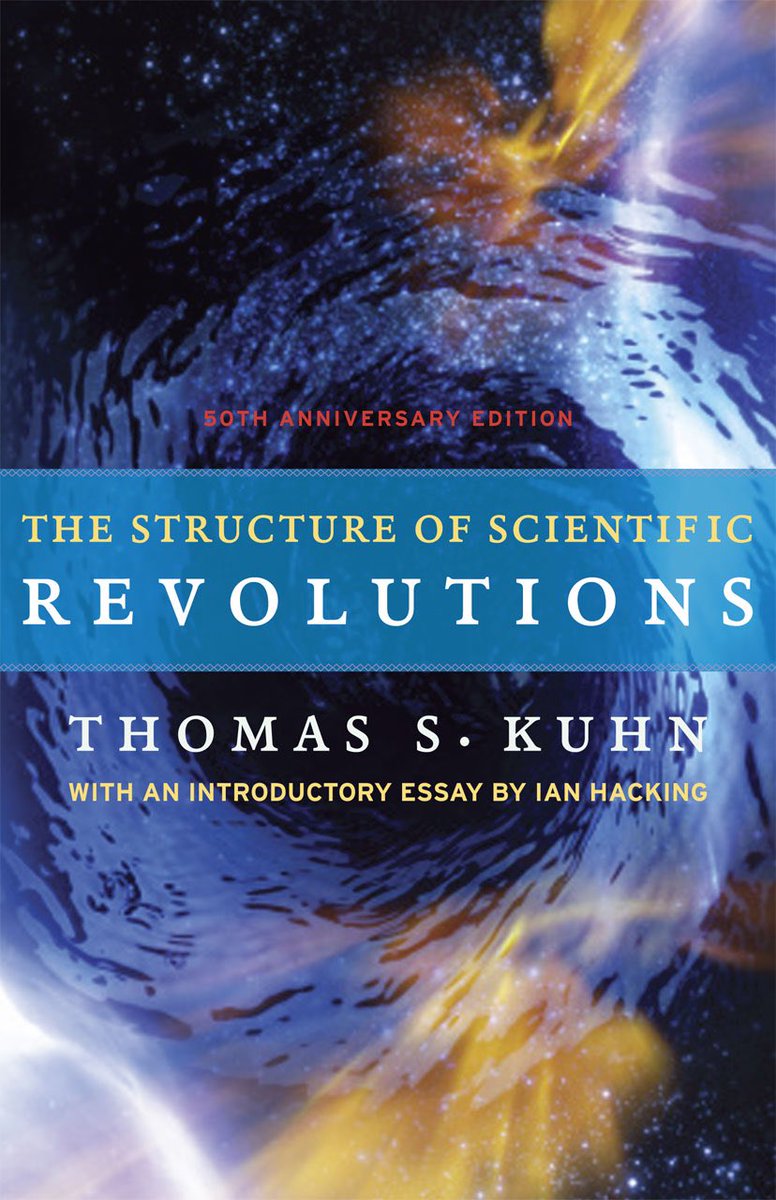Wanna excel at Calculus for free?
A Mathematical Thread 👇
A Mathematical Thread 👇
Introductory Calculus by Dan Ciubotaru - Oxford Mathematics
An introduction to limits by Professor Leonard
Introduction to Functions by Professor Leonard
Single variable Calculus by MCW
Lecture 1:
Lecture 2:
Lecture 3:
Lecture 1:
Lecture 2:
Lecture 3:
Techniques of Differentiation (finding derivatives of functions easily) by Professor Leonard
Integral Calculus by Professor Strang at MCW
Definite integrals, the fundamental theorem of Calculus by Natalia Komarova at UCI Open
Strategy for Integration by Natalia Komarova at UCI Open
Improper Integrals by Professor Leonard
Finding area between two curved by Professor Leonard
Introduction to Differential equations by Professor Philip Maini at Oxford Mathematics
Differential equations, Initial value problems, Particular solutions, Types and Order of a differential equation, General and singular solutions, by The Math Sorcerer
Differential equation: Complete review course by The Math Tutor, highly recommended for the undergrad students.
Will add more references and links to physics and mathematical concepts and topics in the future posts. Thank you.
• • •
Missing some Tweet in this thread? You can try to
force a refresh











